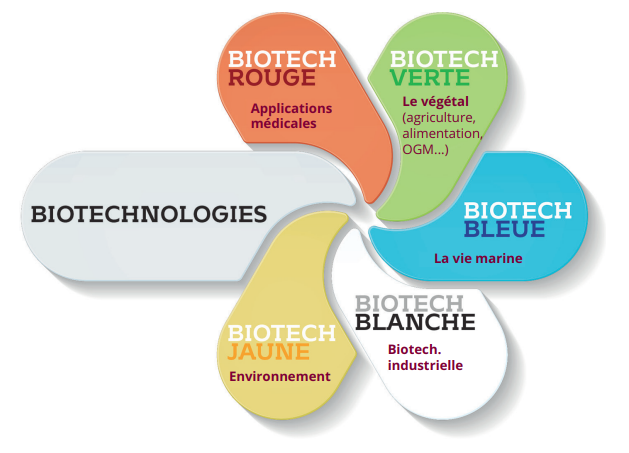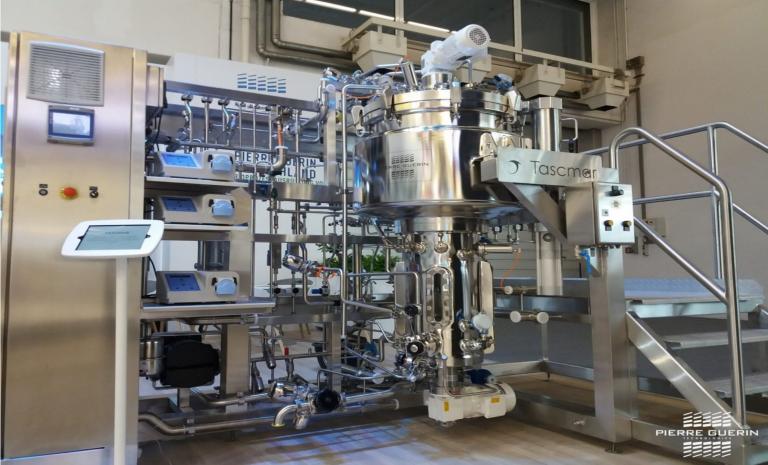The blue biotechnologies… the exploitation of the environment diversity and of the marin microorganisms
The 5 colours of the biotecnologies
Blue biotechnology, or marine biotechnology, is defined by its basic material: maritime resources, which generally have no equivalent on land.
Despite the knowledge of many marine ecosystems, there are still many untapped resources that could serve as a basis for the development of new products and processes. The rapid development of genomics (genome sequencing) and metagenomic screening (expression of DNA fragments from the marine environment) should make it possible to take advantage of the metabolic diversity of marine resources.
Many microorganisms are a source of valuable molecules in pharmacy, cosmetics and nutrition. To study and optimize the culture of these microorganisms, Pierre Guerin in cooperation with the Institute of Chemistry of Natural Substances of the CNRS (ICSN) has developed the first universal fermenter: Unifertex.
This unique fermenter in the world has the advantage of coupling fermentation in liquid medium to fermentation on solid support.
Unifertex, developed as part of the project TASCMAR (Tools and Strategies to access original bioactive compounds by Cultivating MARine invertebrates and associated symbionts), H2020 European project. This is a collaborative research project that aims to propose new tools and increasingly effective strategies to improve research on marine biomolecules. TASCMAR addresses a key challenge of the EU’s Blue Growth Strategy: the sustainable exploitation of marine compounds.
Among marine organisms, microalgae have many advantages for use in biotechnology: important biomass obtained economically and easy purification of biomolecules. The envisaged applications cover a wide range: bioenergy, food industry, health products, cosmetics, energy and environmental protection (CO2 consumption).
By participating to the EIMA project (Exploitation Industrielle des Micro-Algues), Pierre Guerin designed and built a specific fermenter for the production of microalgae by heterotrophic mixotrophia.
This project addressed priority issues in the 6 target markets:
- Aquaculture: the contribution of a new source of food for aquaculture farms, thus limiting the degradation of natural fish stocks and improving the nutritional quality of food
- Human nutrition: mass production of Omega 3 without the use of aquaculture, lifting the supply limit related to fish farming
- Animal nutrition: strengthen France’s position as a leader in the European market by providing new sources of raw materials for the production of compound feeds (algae are sources of quality proteins responding to their scarcity)
- Cosmetics: the cosmetics industry, through the contribution of new bio-based active ingredients, expands its offer in natural cosmetics
- Green chemistry: the French chemical industry limits its dependence on oil
- Energy: strengthening renewable energy production and limiting energy dependence, particularly in the field of transport with the advent of 3rd generation biofuel


